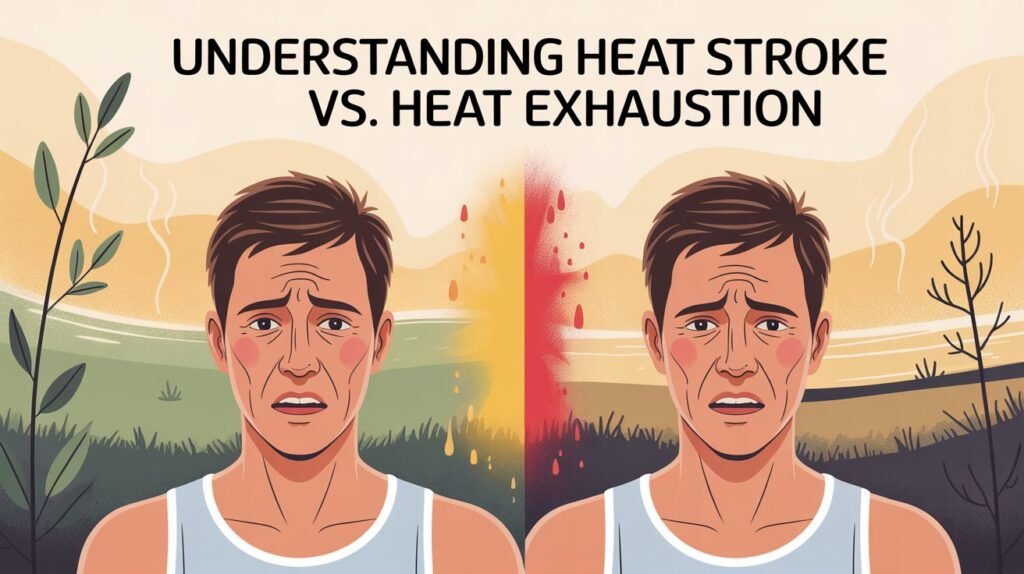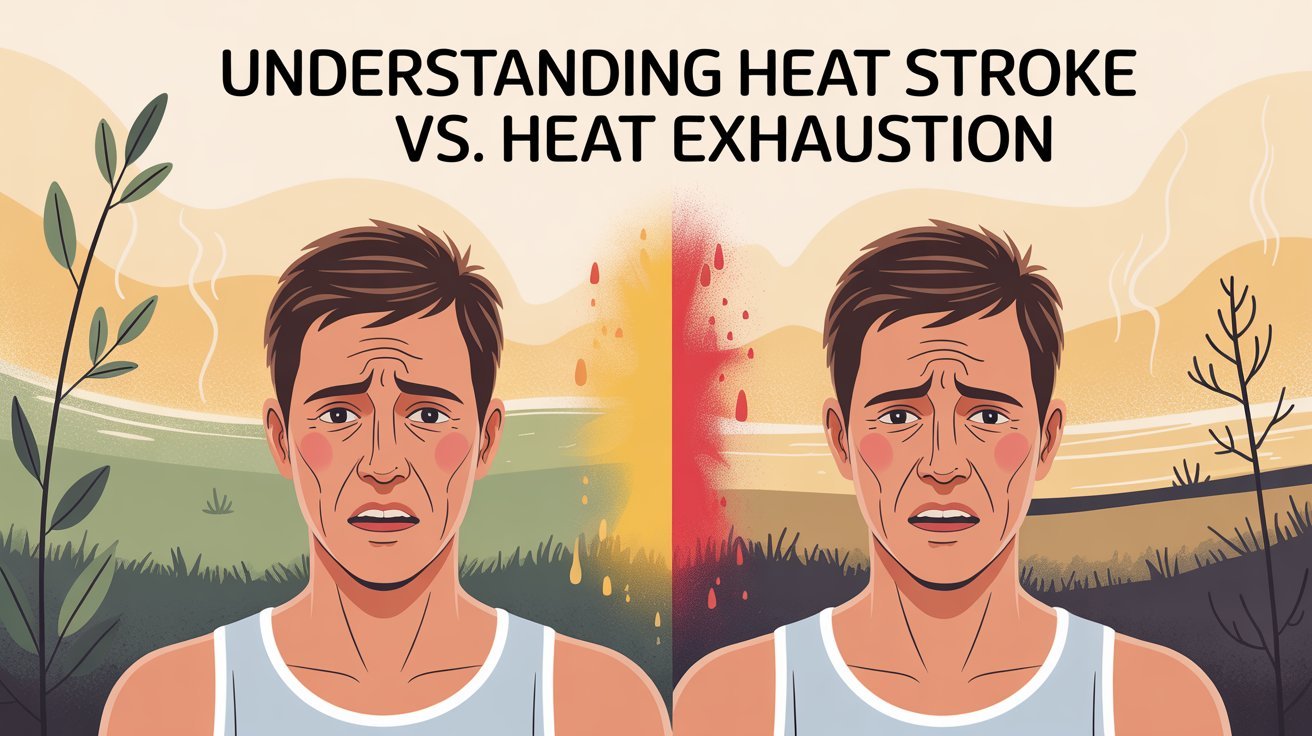
As summer begins, Pakistan faces a serious public health issue with rising heat-related illnesses. Recent heat waves have pushed temperatures to an alarming 49 degrees Celsius in some cities. Hospitals are already seeing more patients with heat strokes, which stresses the urgency of this problem.
Pakistan has often been affected by heat waves, leading to increased deaths and health issues. Asia accounts for 51.49% of annual heat-related deaths, with Pakistan and India reporting over 3,500 deaths in 2015 alone. This shows how serious heat waves can be for public health.
High temperatures combined with dehydration can have severe effects on people, making it a priority to take precautions. While awareness about heat wave prevention has grown, many important risks still need attention. Pakistan’s geography and economic situation make it particularly vulnerable to climate change.
The groups most at risk include outdoor workers, women, children, and the elderly. The situation worsens in areas without electricity, where people lack cooling options during extreme heat. Now, it is need of time to know the signs of heat-related illnesses, such as heat exhaustion and heat stroke. While both conditions result from prolonged exposure to heat, they differ significantly in terms of severity and treatment.
What is Heat Exhaustion?
Heat exhaustion is a mild to moderate condition that occurs when the body loses excessive fluids and salts through sweating. It can happen in high temperatures during outdoor activities.
Symptoms include:
- Excessive sweating
- Weakness and fatigue
- Dizziness
- Headaches
- Nausea
- Moist skin
Dr. Sania (general physician) highlights, “Heat exhaustion is your body’s way of reacting that it needs immediate attention. Ignoring these signs can lead to more severe issues.”
Treatment for Heat Exhaustion
If you or someone you know is experiencing heat exhaustion, it’s important to act quickly:
- Move to a cooler place: Find shade or an air-conditioned room.
- Rest: Sit or lie down to gain energy.
- Hydrate: Drink plenty of cold water or electrolyte-rich drinks and avoid caffeine.
Dr. Sania further added, “Most people recover from heat exhaustion in 24 to 48 hours. However, if symptoms continue, it’s important to get medical help right away to avoid serious problems.”
What is Heat Stroke?
Heat stroke is far more severe and can be life-threatening. It happens when the body’s temperature rises above 104°F (40°C) and fails to cool down. This can happen if heat exhaustion is left untreated. Symptoms of heat stroke include:
- High body temperature
- Dry and hot skin
- Confusion or hallucination
- Rapid heart rate
- Nausea and vomiting
- Loss of consciousness
Dr. Sadaf, an emergency medicine specialist, warns, “Heat stroke is a medical emergency. If you see someone showing these symptoms, seek medical help immediately.”
First Aid for Heat Stroke
Immediate action can save a life:
- Cool Air: Using any object to help cool them down.
- Move to a cooler environment: An air-conditioned room is ideal.
- Apply ice: Use ice packs or a cold bath to reduce body temperature.
Dr. Sadaf further stresses, “After giving first aid, it’s very important to call for emergency help. A doctor at the emergency ward will run tests, like blood tests, to check how serious the condition is, to give the right treatment.”
Key Differences Between Heat Exhaustion and Heat Stroke
- Severity: Heat exhaustion is less severe, while heat stroke is life-threatening.
- Symptoms: Heat exhaustion includes excessive sweating and weakness, while heat stroke involves high fever and hallucinations.
- Action Required: Heat exhaustion can often be treated at home, but heat stroke requires immediate medical attention.
Being aware of the differences between heat exhaustion and heat stroke is important, especially during heat waves. Always listen to your body and take preventive measures, such as staying hydrated and avoiding outdoor activities in high heat.
If you or someone else shows signs of heat stroke, act quickly. As advised by the National Disaster Management Authority (NDMA) of Pakistan, “Prevention is key, but knowing how to respond can save a life.




